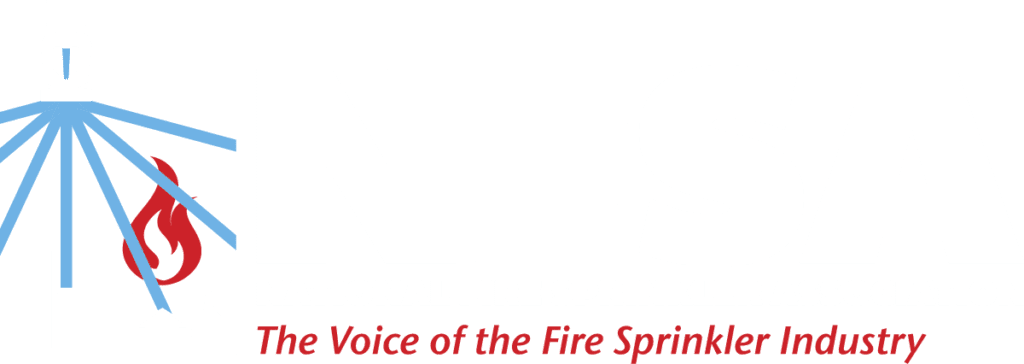Community Fire Protection

According to Marcello Hirschler, “The best fire protection strategy for buildings is one that limits fires to a small size.” Although it may seem axiomatic, the smaller the fire, the smaller the force needed to meet that fire threat. Battin, Cooper, Gallagher, Sweeney & Waters stated, over 30 years ago, “Automatic suppression equipment can have a definitive effect on the number and size of fire apparatus and manpower needed for public fire protection.”
In the United States, property owners have no constitutional right to a fire department; they were originally organized by private citizens in response to fires within their respective communities. This changed in Pennsylvania 11 years ago, when the legislature passed a law requiring local elected officials to provide for both fire and emergency medical services to the degree decided upon by those same elected officials
Fire protection by fire departments is fire protection of last resort. Community fire protection must begin at the planning level, yet few community “master plans” address the subject. They, generally, concern themselves with land use issues, but not strategies to protect that which is constructed upon that land. Automatic fire sprinklers must have a place in the master plan for community fire protection, yet those who are pushing to have residential sprinklers deleted from the code are not responsible for fire protection in those communities. Some construction and trade associations, by their actions, claim themselves to be experts in fire safety and they are advising state elected officials to ignore the long-term impact that the installation of sprinklers can have. Battin, et al. observed “Local government officials should pay attention to the fire protection experts in their communities” … their fire department.
In Pennsylvania, numerous organizations have pledged their support of residential fire protection, including:
- Montgomery County Municipal Fire Officials Association
- The International Association of Fire Chiefs
- The International Association of Fire Chiefs – Eastern Division
- The Pennsylvania Career Fire Chiefs Association
- Upper Merion Township
- Lehigh Valley Burn Prevention Foundation
- Pennsylvania Fire & Emergency Services Institute
- Northampton County Fire Chiefs Association
- Cumberland County Volunteer Fireman’s Association
- Bucks County Fire Chiefs and Firefighters Association
- and more…
Yet, outside parties not responsible for fire protection or community risk, have been successful in downgrading the requirements for sprinklers in the PA Uniform Construction Code and in other states.
Expertise is defined as the knowledge of an expert. In addition to the above listed groups, the United States Fire Administration supports residential sprinklers; so to whom should one defer; to an outside organization without experience in fire protection, or to those who have the education, background and experience to make information recommendations regarding fire protection and the best method by which it should be provided?
